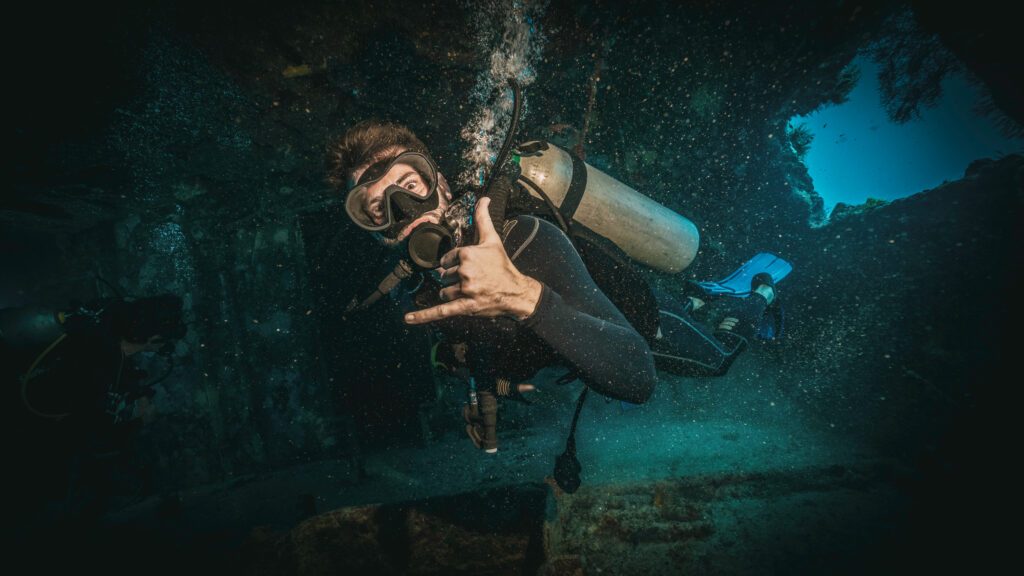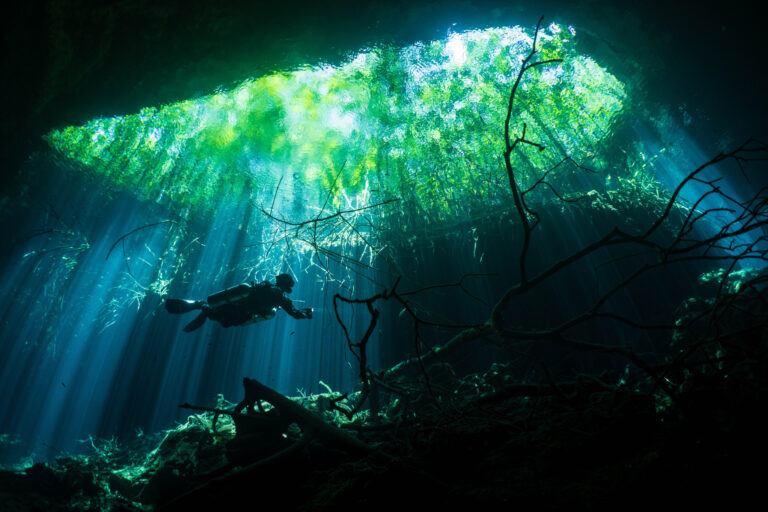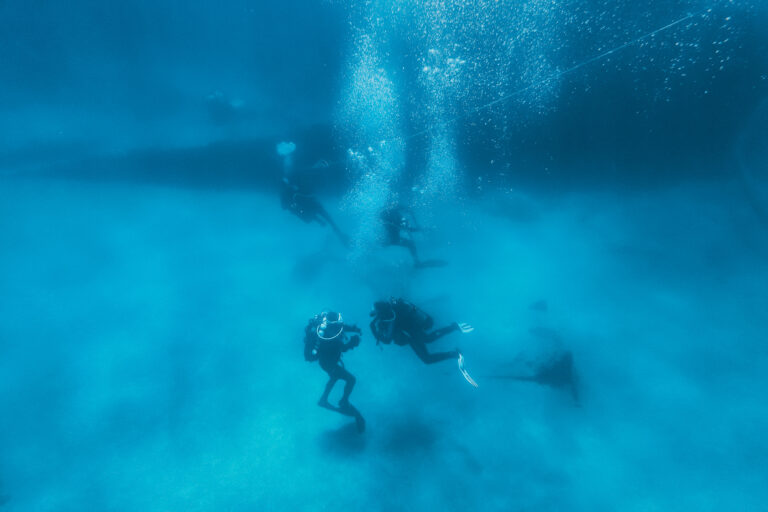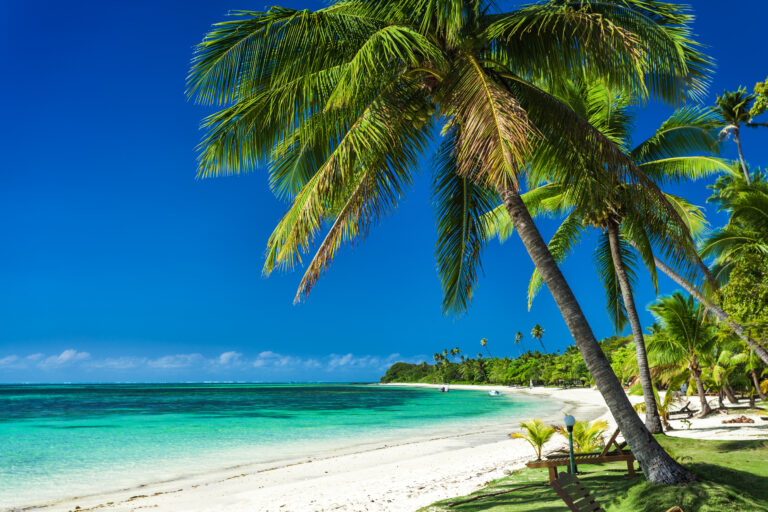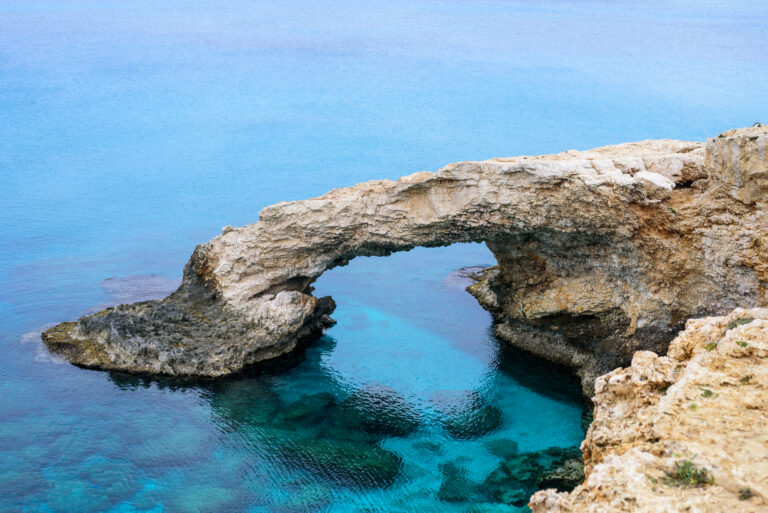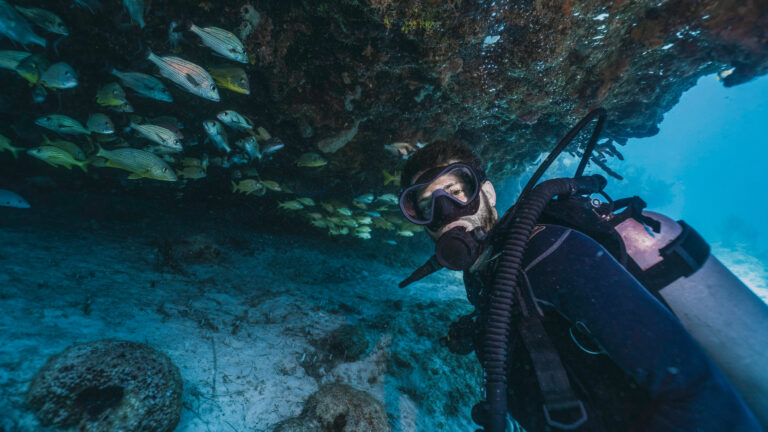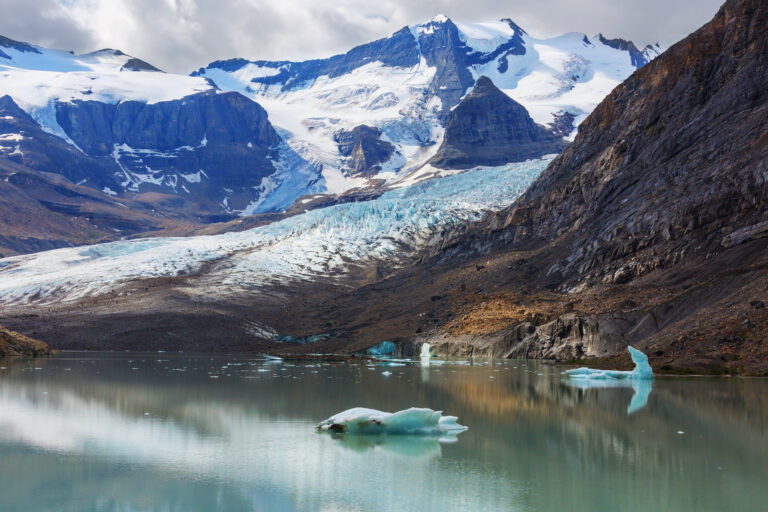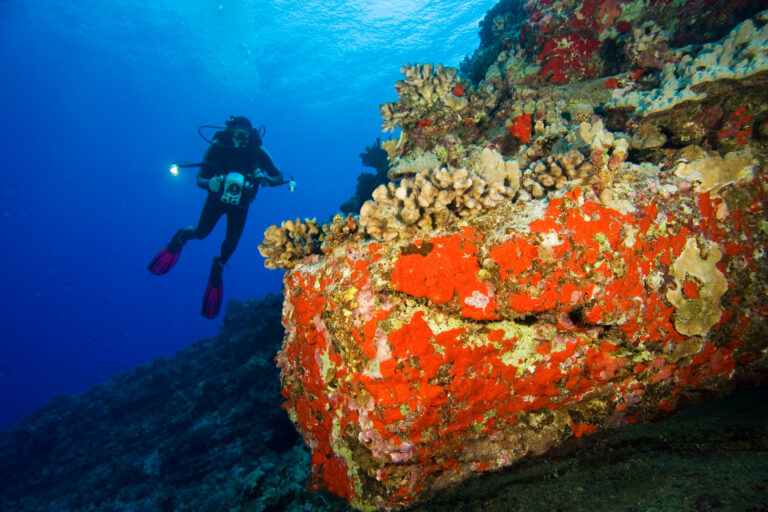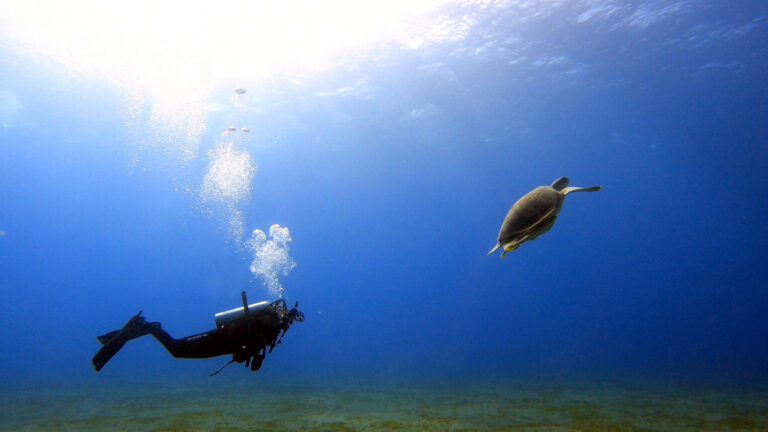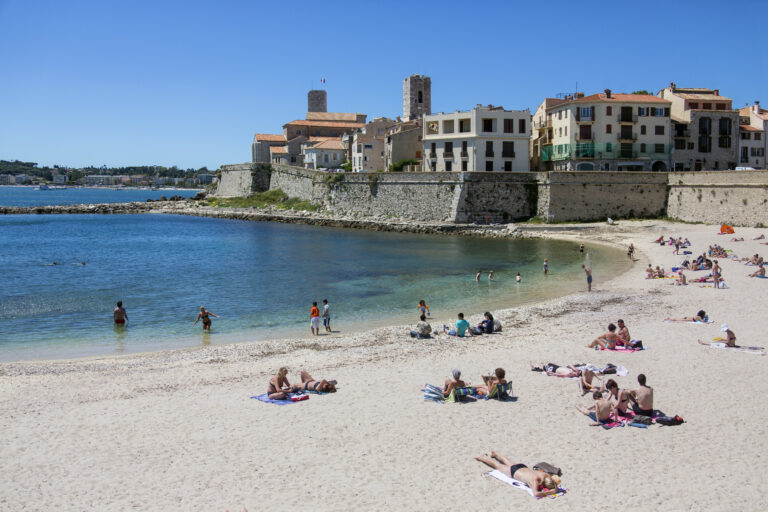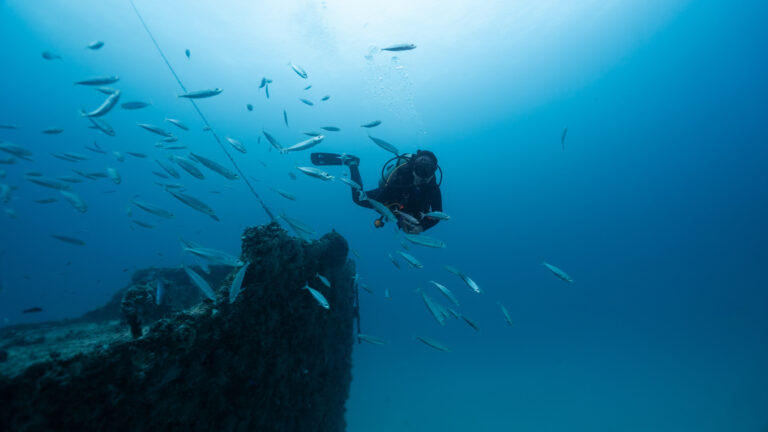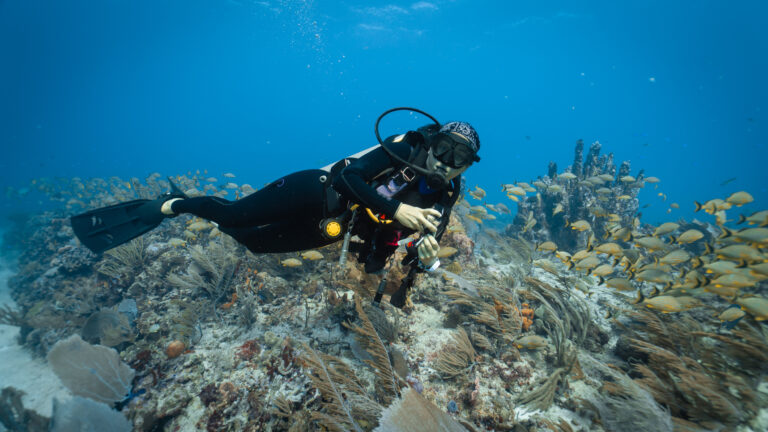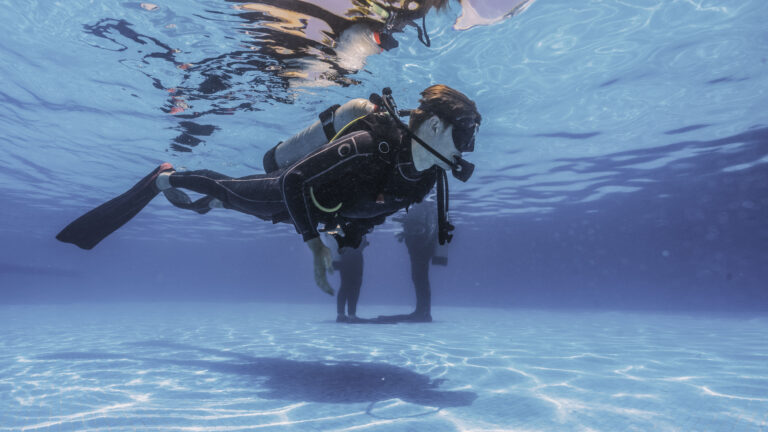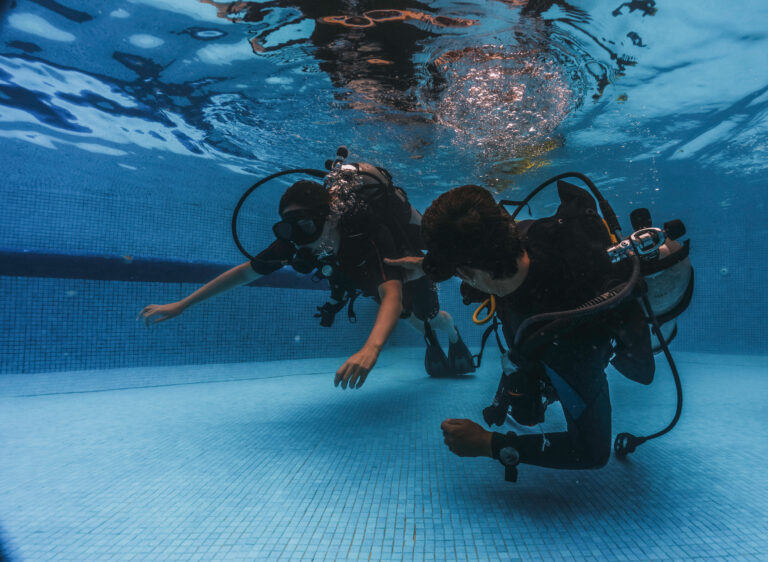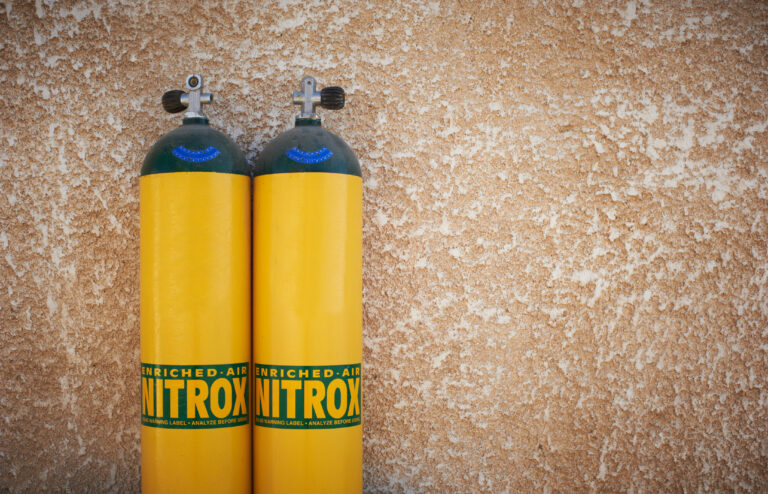Scuba Divers’ Travel Guide to Uruguay
Uruguay, nestled between Brazil and Argentina along the South Atlantic coast, provides scuba divers with a charming blend of marine environments. The country’s waters are home to diverse marine life, including fish, crustaceans, and occasional sightings of larger sea creatures. Uruguay’s temperate climate and inviting beaches make it a pleasant destination for divers. The underwater scenery, characterized by rocky reefs and sandy bottoms, offers an engaging diving experience. Uruguay’s coastal charm and welcoming culture add to the appeal for scuba travelers looking for a serene and enjoyable diving destination.
Location and Geography
Nestled between the vast expanses of Argentina and Brazil along the southeastern coast of South America, Uruguay offers a unique and often overlooked scuba diving experience. With its Atlantic coastline stretching over 660 kilometers, Uruguay serves as a gateway to the cool, plankton-rich waters of the South Atlantic. The country’s underwater geography is characterized by a mix of sandy beaches, rocky outcrops, and a scattering of islands, such as Isla de Lobos, which is renowned for its seal colonies and diverse marine life. The Rio de la Plata estuary, one of the world’s widest, presents a dynamic environment where freshwater from the continent’s interior blends with the ocean, creating a habitat for a variety of aquatic species. While Uruguay may not boast the tropical coral reefs found further north, its waters are home to an array of shipwrecks and unique marine ecosystems that provide a different kind of allure for divers seeking to explore the less-traveled paths of the underwater world.
Visa and Entry Requirements
Before embarking on your underwater adventure to Uruguay, it is essential to understand the visa and entry requirements for this South American destination. Travelers from many countries, including the United States, Canada, most European nations, Australia, and New Zealand, do not require a visa for stays of up to 90 days for tourism purposes. However, it is always advisable to check the latest regulations with the Uruguayan consulate or embassy in your home country prior to your trip, as policies can change. Upon arrival, ensure your passport is valid for at least six months beyond your planned departure date from Uruguay. You will also need to provide proof of onward or return travel. Keep in mind that while a visa may not be necessary, all visitors must complete an entry/exit card, which will be stamped by immigration authorities and must be retained until your departure. With the paperwork in order, you can look forward to exploring Uruguay’s rich marine life and pristine dive sites.
Getting to Uruguay
Getting to Uruguay for an unforgettable scuba diving adventure is a straightforward journey for travelers from around the globe. The country is well-connected by air, with Carrasco International Airport in Montevideo serving as the main gateway, offering flights from major cities in South America, North America, and Europe. For those coming from neighboring countries like Argentina and Brazil, overland travel by bus or car is a viable option, with well-maintained roads leading to the scenic Uruguayan coastline. Once in Uruguay, the picturesque town of Punta del Este is a popular starting point for divers, easily accessible by bus or rental car from Montevideo. With its temperate climate and a variety of dive sites, including shipwrecks and marine-rich waters, Uruguay promises a unique diving experience for enthusiasts looking to explore the Atlantic’s underwater treasures.
Best Time to Dive
Getting to Uruguay for an unforgettable scuba diving adventure is a straightforward journey for travelers from around the globe. The country is well-connected by air, with Carrasco International Airport in Montevideo serving as the main gateway, offering flights from major cities in South America, North America, and Europe. For those coming from neighboring countries like Argentina and Brazil, overland travel by bus or car is a viable option, with well-maintained roads leading to the scenic Uruguayan coastline. Once in Uruguay, the picturesque town of Punta del Este is a popular starting point for divers, easily accessible by bus or rental car from Montevideo. With its temperate climate and a variety of dive sites, including shipwrecks and marine-rich waters, Uruguay promises a unique diving experience for enthusiasts looking to explore the Atlantic’s underwater treasures.
Accommodation Options
Uruguay, with its alluring coastline and underwater marvels, offers a variety of accommodation options for scuba divers looking to explore its aquatic treasures. From the vibrant capital city of Montevideo to the serene beaches of Punta del Este and the charming historical town of Colonia, divers can find a range of places to stay. Coastal resorts and beachfront hotels cater to those seeking comfort and convenience, often providing gear rentals and dive packages. For a more immersive experience, boutique guesthouses and eco-lodges are nestled along the less-traveled spots like Cabo Polonio and Punta del Diablo, offering a tranquil retreat after a day beneath the waves. Budget-conscious divers can opt for hostels and B&Bs, which are plentiful and often run by locals who can share insider tips on the best dive sites. Whether you’re looking for luxury or simplicity, Uruguay’s accommodations are as diverse as its marine life, ensuring a comfortable base for your underwater adventures.
Dive Operators and Dive Shops
Uruguay, with its extensive coastline along the Rio de la Plata and the Atlantic Ocean, offers a unique scuba diving experience that is often overshadowed by its more famous neighbors. Dive operators and shops in Uruguay are typically found in the coastal towns of Punta del Este, Piriápolis, and Montevideo, providing personalized service that caters to both beginners and experienced divers. These establishments are well-equipped to guide you through Uruguay’s underwater treasures, from shipwrecks steeped in history to vibrant marine ecosystems. The dive shops in Uruguay prioritize safety and environmental conservation, ensuring that divers not only enjoy the serene beauty of the underwater realm but also contribute to its preservation. They offer a range of services, including PADI certification courses, equipment rental, and guided dive excursions. The dive operators are known for their intimate knowledge of the local dive sites, such as the mysterious S.S. Hermes wreck or the diverse marine life around Isla de Lobos, making them invaluable companions for those looking to explore Uruguay’s submerged secrets.
Transportation within Uruguay
In Uruguay, transportation options for scuba divers looking to explore the country’s underwater treasures are both convenient and varied. The most popular diving spots are accessible by a well-maintained network of roads, making car rentals a popular choice for those seeking flexibility and the freedom to visit multiple sites at their own pace. For those who prefer not to drive, reliable bus services connect major cities to coastal towns such as Punta del Este and Piriápolis, where dive shops and tours operate. In these coastal areas, local taxis or ride-sharing services can provide the final leg of the journey to specific beaches or marinas. For the more remote or less accessible dive sites, such as those near Cabo Polonio or Punta del Diablo, specialized dive operators often offer transport as part of their dive packages, ensuring divers can reach these pristine locations with ease. Always remember to check with local dive shops for the most current and comprehensive transport advice, as they can offer insights into the best routes and modes of transportation tailored to the diving season and local conditions.
Currency and Payment Methods
In Uruguay, the official currency is the Uruguayan Peso (UYU), which is the most widely accepted form of payment throughout the country, including popular scuba diving destinations such as Punta del Este and Piriápolis. While major hotels and dive shops may accept credit cards like Visa and MasterCard, it’s advisable for divers to carry a sufficient amount of local currency for smaller purchases, tips, and services where cash is preferred or the only option. ATMs are readily available in urban areas and tourist hotspots, but can be scarce in remote locations, so plan accordingly before venturing out for your underwater adventures. It’s also worth noting that some businesses may offer favorable rates or discounts for payments in cash, and while US dollars might be accepted in some tourist-oriented establishments, relying solely on foreign currency is not recommended. Always ensure you have a mix of payment methods and inform your bank of your travel plans to avoid any issues with card transactions while enjoying the rich marine life of Uruguay’s Atlantic coast.
Language and Communication
When embarking on a scuba diving adventure in Uruguay, it’s important to note that Spanish is the official language, and a basic understanding of it will greatly enhance your experience. While in popular tourist areas and within the diving community, you may find English-speaking guides and dive operators, it’s not universally spoken, so having some Spanish phrases at the ready will be beneficial. Communication underwater, however, transcends language barriers, as divers universally rely on hand signals to convey messages such as “OK,” “problem,” or “low on air.” Before diving in, ensure you’re familiar with these essential signals and, if possible, learn a few dive-specific terms in Spanish to facilitate smoother interactions with local dive shops and boat crews. Embracing the local language and customs will not only enrich your diving experience but also show respect for the vibrant culture of Uruguay.
Local Culture and Attractions
Uruguay, a hidden gem nestled between Brazil and Argentina, offers a rich tapestry of cultural experiences to complement its underwater adventures. After exploring the country’s relatively untouched dive sites, where the Rio de la Plata meets the Atlantic, divers can immerse themselves in the local culture by visiting the vibrant capital, Montevideo. Here, the rhythm of candombe—a UNESCO-recognized Afro-Uruguayan music and dance—fills the streets, particularly during the spirited Carnival season. In the historic town of Colonia del Sacramento, a UNESCO World Heritage Site, cobblestone streets and colonial architecture transport visitors back in time. Gastronomy is another highlight, with parrillas (steakhouses) serving up succulent asados (barbecues) that showcase Uruguay’s rich cattle-raising tradition. Along the picturesque coastline, chic beach resorts like Punta del Este offer a blend of glamour and laid-back beach life, while the Rocha coast provides a more serene retreat, with its pristine beaches and abundant wildlife. Whether indulging in the local Tannat wine or joining a mate circle, Uruguay’s warm hospitality and diverse attractions make it an exceptional destination for those looking to dive into both the sea and the local culture.
Cultural Etiquette and Tips
When scuba diving in Uruguay, it’s important to approach the experience with a respectful understanding of local customs and etiquette. Uruguayans are known for their friendly and laid-back attitude, but they also value politeness and personal space. Always greet your diving instructors and fellow divers with a warm ‘hola’ and a handshake; cheek-kissing is common among acquaintances, but it’s best to follow the lead of locals. Be punctual for your diving appointments, as timeliness is appreciated, even in the relaxed coastal settings. When discussing diving spots, show interest in the local marine conservation efforts, as Uruguayans are proud of their natural heritage and protective of their marine environment. It’s also customary to tip service providers, including dive guides, around 10% for good service. Lastly, while on the boat or at dive sites, be mindful of your equipment and surroundings to avoid inadvertently offending anyone by encroaching on their personal space or damaging the pristine aquatic ecosystem that Uruguay is committed to preserving.
Local Laws and Regulations Relevant to Tourists
Before plunging into the alluring waters of Uruguay for scuba diving, it’s crucial for tourists to acquaint themselves with the local laws and regulations to ensure a safe and lawful experience. Uruguay requires divers to be certified by a recognized diving authority and to carry their certification card during all diving activities. Diving within marine protected areas, such as Cabo Polonio or Cerro Verde, is strictly regulated to safeguard the delicate ecosystems, and permits may be required. It’s also important to respect fishing laws; spearfishing is regulated and may be prohibited in certain zones. Tourists should be aware that removing artifacts or disturbing wildlife is illegal and can result in hefty fines or legal action. Additionally, dive operators must adhere to safety standards and are responsible for ensuring that their guests comply with Uruguayan regulations. To avoid any inconveniences, divers should always check with local dive shops for the most current information on prohibited areas, weather conditions, and any temporary restrictions that might affect their diving plans.
Safety Tips and Emergency Contacts
When planning a scuba diving trip to Uruguay, safety should be your top priority. Always dive within your certification limits and ensure that your equipment is in good condition. It’s crucial to be aware of the local weather and sea conditions, as the Rio de la Plata and the Atlantic Ocean can be unpredictable. Dive with a buddy and maintain clear communication throughout your underwater adventure. Familiarize yourself with the local marine life to avoid any harmful encounters. In case of an emergency, it is essential to know the contact details of the nearest hyperbaric chamber, which can be found at the Military Hospital in Montevideo (Hospital Militar, +598 2487 1020). Additionally, keep the contact information for DAN (Divers Alert Network) handy (+1-919-684-9111 for international emergency assistance). Always inform your dive operator or local contacts of your dive plans and estimated return time. By following these safety tips and having emergency contacts readily available, you can ensure a more secure and enjoyable diving experience in the beautiful waters of Uruguay.
Health and Travel Insurance
Before embarking on your underwater adventure in Uruguay, it is crucial to ensure that your health and travel insurance policies provide comprehensive coverage for scuba diving activities. Given that diving is often considered a special risk sport, standard insurance may not suffice. Look for a policy that explicitly includes scuba diving within its coverage, and check for depth limits that align with your certification level and dive plans. Uruguay’s health care facilities are generally well-equipped in urban areas, but access to hyperbaric chambers may be limited, so verify that your insurance covers medical evacuation in the event of a diving-related injury. Additionally, it’s wise to have a policy that covers trip cancellations, gear loss or damage, and any unforeseen circumstances that could arise during your journey. Always carry proof of your insurance and emergency contact information with you, and familiarize yourself with the procedures for obtaining medical assistance in Uruguay to ensure a safe and serene diving experience.

